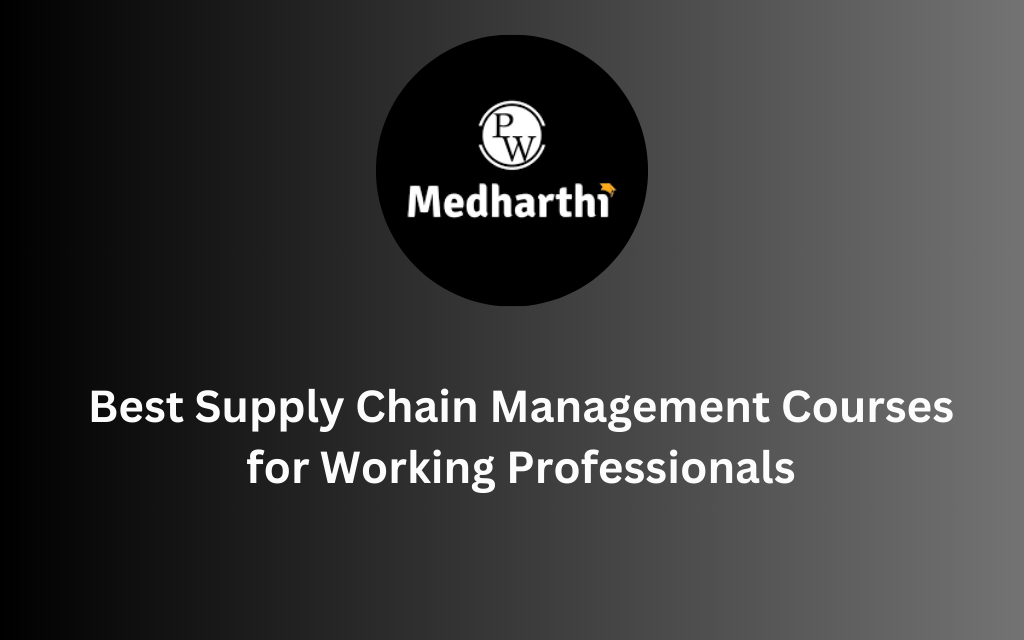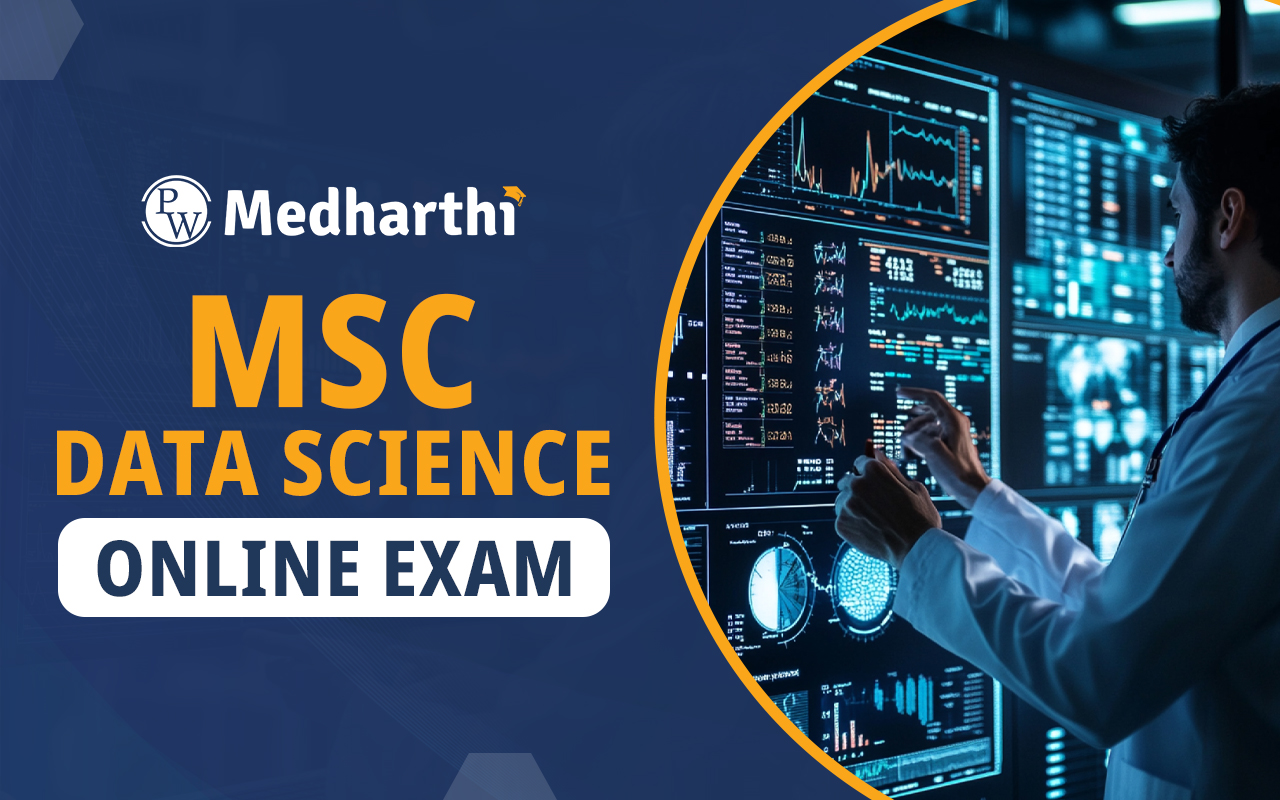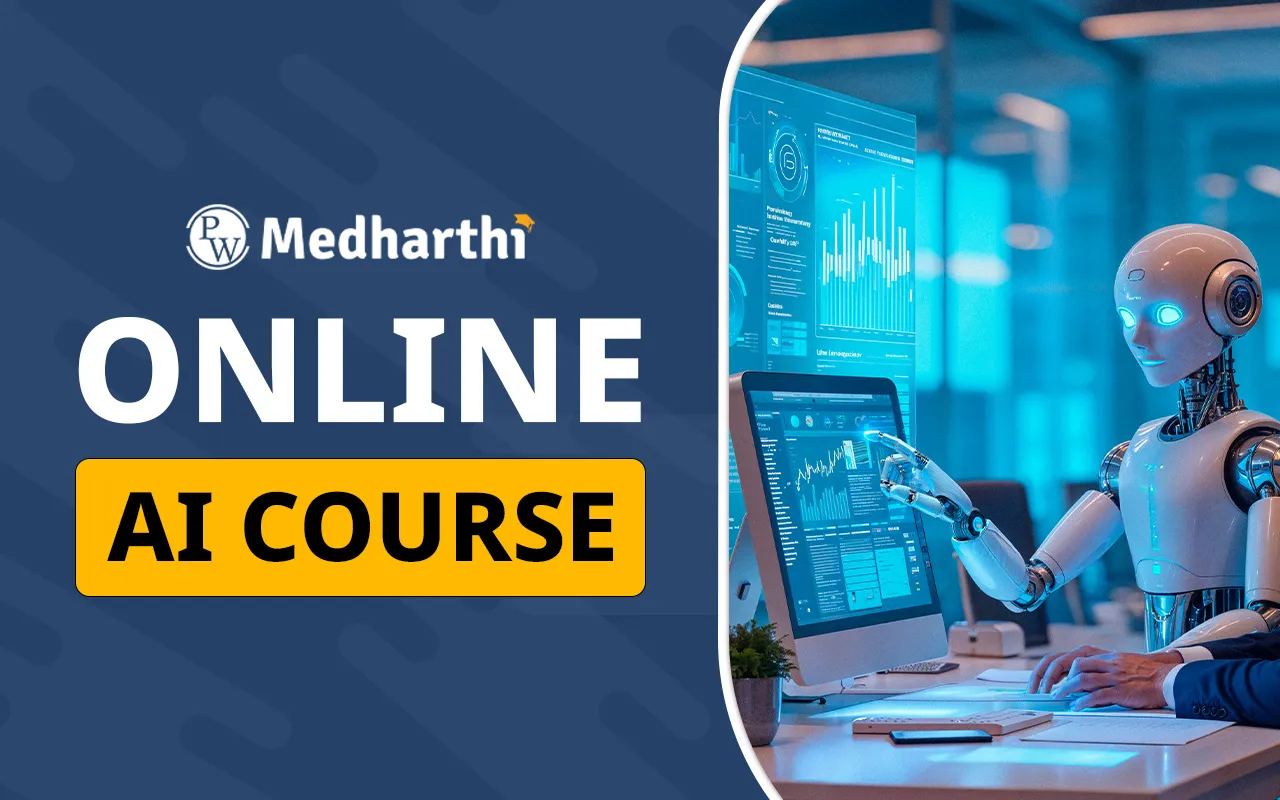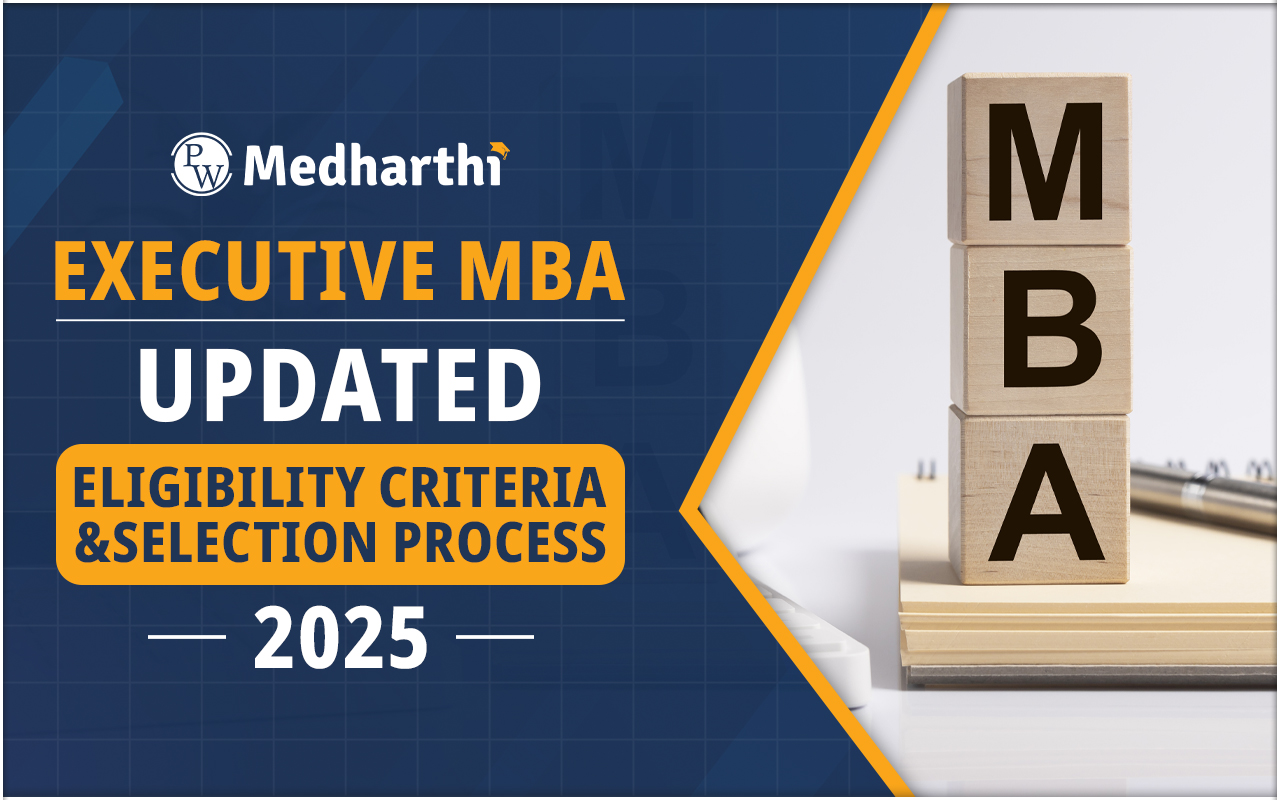
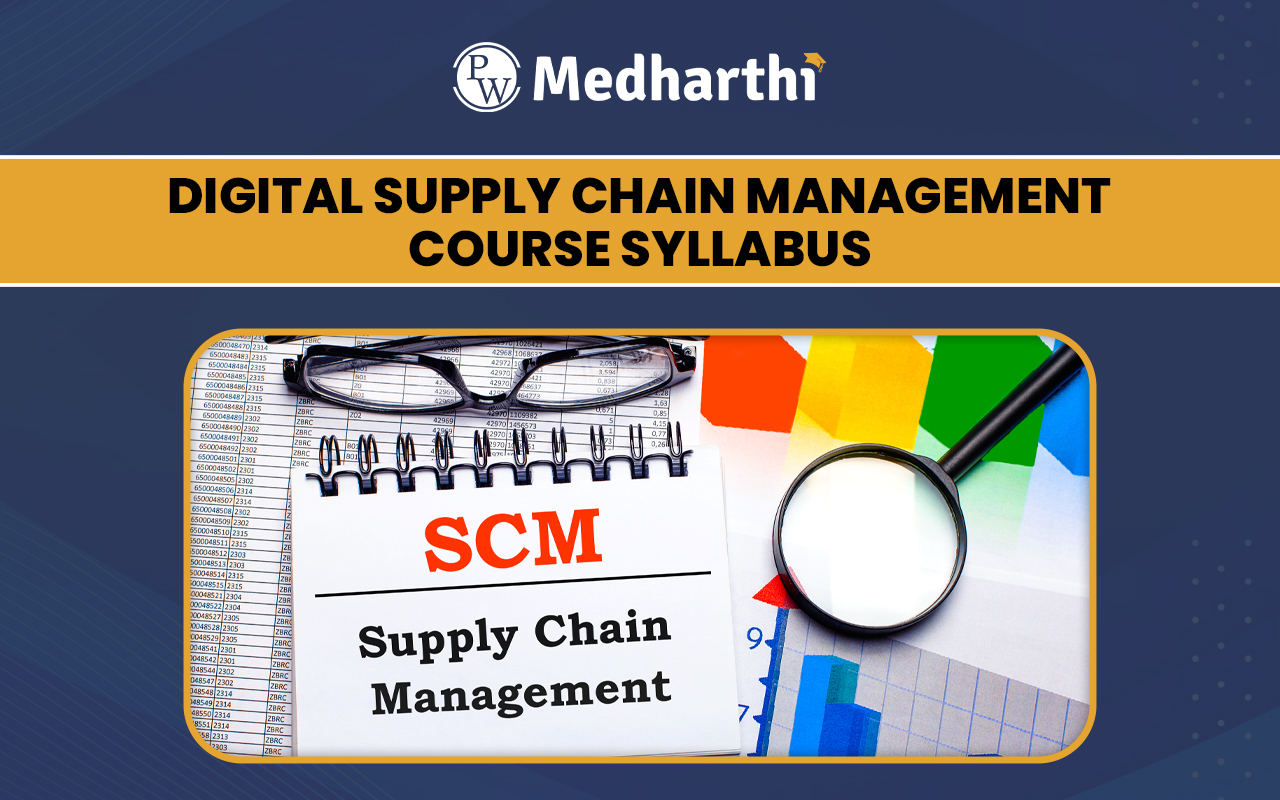
Digital Supply Chain Management Course Syllabus: The rise of digital transformation across industries has reshaped supply chain management (SCM). Digital Supply Chain Management (DSCM) is a dynamic field that integrates advanced technologies, data analytics, and strategic frameworks to optimize the end-to-end supply chain processes. This comprehensive article provides a detailed syllabus outline for a Digital Supply Chain Management course, ideal for students, professionals, and organizations seeking to stay competitive in the digital era.
Course Overview: Digital Supply Chain Management focuses on leveraging emerging technologies such as Artificial Intelligence (AI), Machine Learning (ML), Internet of Things (IoT), Blockchain, and Data Analytics to modernize supply chain operations. Participants will gain an in-depth understanding of how digitalization enhances efficiency, transparency, and agility.
Learning Objectives:
- Understand the principles and evolution of supply chain management.
- Analyze how digital technologies disrupt traditional supply chain models.
- Develop strategies to implement digital solutions across supply chain functions.
- Gain hands-on experience with tools and technologies used in DSCM.
Detailed Digital Supply Chain Management Course Syllabus
In an era of rapid digital transformation, supply chains are evolving to meet the demands of a globalized economy. Traditional methods are no longer sufficient to handle the complexities of modern logistics, production, and delivery. This is where Digital Supply Chain Management (DSCM) comes into play—a strategic integration of cutting-edge technologies like Artificial Intelligence (AI), Blockchain, and Internet of Things (IoT) to optimize supply chain operations. This course is designed to empower learners with the skills and tools needed to adapt to these changes, offering a blend of theoretical knowledge and practical applications. Below is the detailed syllabus for the Digital Supply Chain Management course, which covers everything from foundational principles to advanced technological trends shaping the future of supply chains.Module 1: Fundamentals of Supply Chain Management
This module provides a foundational understanding of supply chain management, its components, and its role in the modern business environment.| Topics | Description |
|---|---|
| Introduction to Supply Chain Management | Overview, evolution, and importance of SCM. |
| Key Components of Supply Chain | Procurement, manufacturing, logistics, and distribution. |
| Challenges in Traditional Supply Chains | Common bottlenecks and inefficiencies. |
| Supply Chain Metrics | KPIs and performance measurement tools. |
Module 2: Introduction to Digital Transformation in Supply Chain
Understand how digital transformation is redefining supply chain processes.| Topics | Description |
| Digitalization vs. Traditional SCM | Differences and comparative analysis. |
| Key Enablers of Digital Transformation | Role of technology, data, and people. |
| Benefits of Digital SCM | Enhanced efficiency, cost reduction, and agility. |
| Case Studies | Success stories of digital transformation in SCM. |
Module 3: Technology in Digital Supply Chain
Explore the latest technologies driving the digital supply chain revolution.| Technology | Application in Supply Chain |
| Artificial Intelligence (AI) | Demand forecasting, predictive maintenance, and optimization. |
| Internet of Things (IoT) | Real-time tracking, sensor data for inventory management. |
| Blockchain | Transparency, traceability, and secure transactions. |
| Robotics and Automation | Warehouse automation and autonomous delivery systems. |
| Big Data and Analytics | Insights for decision-making and trend analysis. |
Practical Applications:
- Hands-on exercises with IoT devices and dashboards.
- Simulation of blockchain in supply chain traceability.
- Case study on AI-driven demand forecasting.
Module 4: Digital Supply Chain Strategy and Design
Learn to design and implement digital supply chain strategies.| Topics | Description |
| Digital Supply Chain Framework | Components and integration strategies. |
| Risk Management in Digital SCM | Identifying and mitigating digital risks. |
| Sustainable Supply Chains | Incorporating sustainability into digital strategies. |
| Change Management | Adapting organizations to digital transformation. |
Key Deliverables:
- Create a digital supply chain strategy blueprint.
- Analyze risk factors and propose mitigation strategies.
Module 5: Data-Driven Decision Making
Data is the backbone of digital supply chains. This module emphasizes the importance of data analytics.| Topics | Description |
| Role of Data in Supply Chains | Data collection, integration, and analysis. |
| Predictive and Prescriptive Analytics | Tools for forecasting and decision-making. |
| Data Visualization | Communicating insights through dashboards and reports. |
| Tools and Software | Introduction to Tableau, Power BI, and Python for SCM. |
Hands-On Activities:
- Building dashboards using Tableau.
- Implementing predictive analytics models in Python.
Module 6: Supply Chain Integration and Collaboration
Focus on integrating digital tools and fostering collaboration across supply chain networks.| Topics | Description |
| Integrated Supply Chain Management | Benefits and challenges of integration. |
| Collaboration Platforms | Tools like SAP, Oracle, and Microsoft Dynamics. |
| Vendor and Supplier Relationships | Enhancing partnerships using technology. |
| Real-Time Visibility | Tracking shipments and inventory in real time. |
Case Study: Analyze the integration of collaborative tools in leading companies like Amazon or Maersk.
Module 7: Emerging Trends in Digital Supply Chain
Stay updated with the latest trends and advancements.| Trends | Description |
| Digital Twin Technology | Virtual modeling of supply chain systems. |
| Autonomous Vehicles | Role of drones and self-driving trucks. |
| Smart Warehousing | Automation and IoT-enabled operations. |
| Ethical AI in SCM | Ensuring fairness and transparency in AI applications. |
Discussion: Debate on the ethical implications of AI and automation in supply chains.
Module 8: Capstone Project and Industry Applications
| Project Components | Description |
| Problem Identification | Identify a real-world supply chain challenge. |
| Solution Design | Propose digital strategies and tools. |
| Implementation Plan | Develop a roadmap for implementation. |
| Presentation | Showcase findings to peers and industry experts. |
Career Opportunities in Digital Supply Chain Management
Upon completing the Digital Supply Chain Management course, learners can explore various career opportunities, such as:- Digital Supply Chain Analyst
- Logistics and Technology Manager
- AI/ML Specialist in SCM
- Blockchain Supply Chain Consultant
- Sustainability Supply Chain Manager
Course Highlights
- Industry-relevant curriculum aligned with global supply chain trends.
- Hands-on training with cutting-edge tools and technologies.
- Expert guidance from industry professionals and academicians.
- Practical case studies and real-world applications.
- Capstone project for experiential learning.
Digital Supply Chain Management Course Syllabus FAQs
Q1. What is covered in the Digital Supply Chain Management course syllabus?
Q2. Are practical projects part of the course syllabus?
Q3. Does the course syllabus include sustainability in supply chain management?
Q4. What technologies are emphasized in the syllabus?
Q5. Is global supply chain management included in the syllabus?




